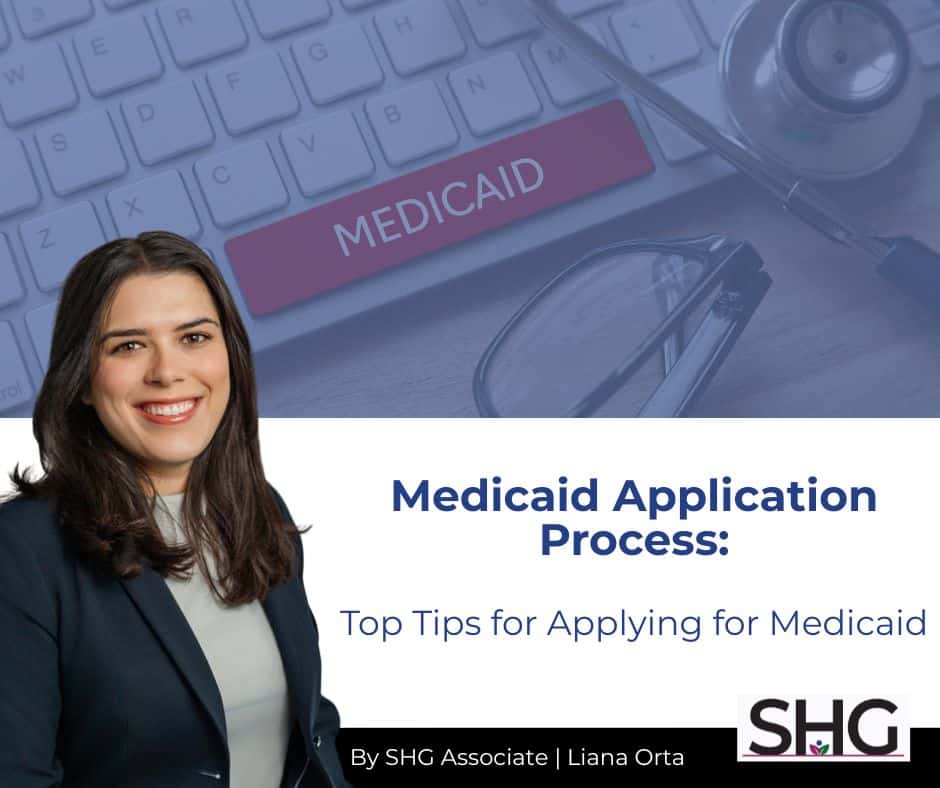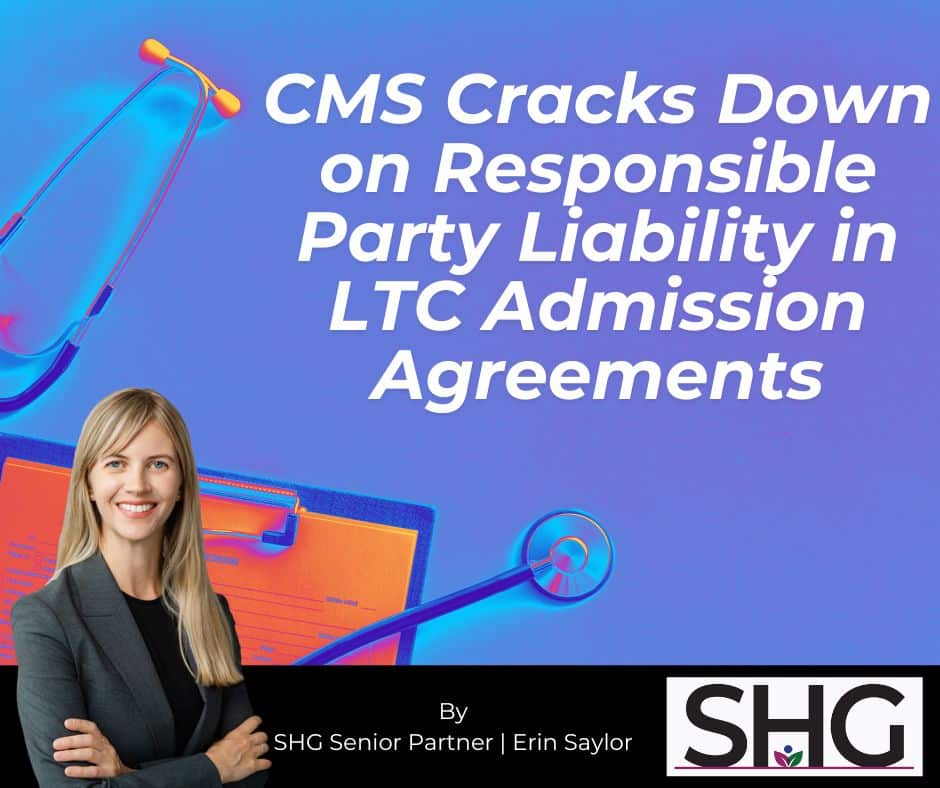Stotler Hayes Group works exclusively with health care providers. We focus on optimizing recovery through Medicaid, Medicare, and other third-party payors, as well as through litigation, private collections, and probate and guardianship proceedings.
As part of our services, we stay on top of developments in the law to ensure that we are offering best in class services to our clients. One such recent development impacting consumer debt collections is the newly enacted Regulation F. Effective November 30, 2021, the Consumer Financial Protection Bureau (“CFPB”) enacted Regulation F to the Fair Debt Collection Practice Act (FDCPA). The full text of the Rule can be found here. Regulation F is the first regulation to implement substantive provisions of the FDCPA since the law was enacted in 1977 and seeks to modernize the law to account for modern means of communication and technology.
Regulation F predominately impacts third-party debt collections, but it will have significance for first-party collections, as well. Additionally, it will require original creditors to collect and to provide additional information to a third-party collector to ensure compliance in the debt collection process. This article highlights some significant changes in the law for informational purposes and is not intended to be legal advice or to be exhaustive.
- Possible Application to First-Party Creditors via UDAAP
By definition, original creditors, such as a nursing home incurring a debt for providing services, are excluded from coverage because they are not “debt collectors” under the FDCPA. But even then, creditors may want to comply with many FDCPA requirements due to longstanding CFPB guidance stating that entities that are not debt collectors could still violate consumer protection laws by engaging in conduct prohibited by the FDCPA. The CFPB’s powers to enforce such violations would not come through the FDCPA itself, but through the CFPB’s broad powers to prohibit unfair, deceptive, or abusive acts or practices (UDAAPs). The specific prohibitions under the FDCPA and Regulation F could inform the CFPB’s or the Federal Trade Commission’s views of collection conduct that is unfair, deceptive or abusive when exercising their respective UDAAP/UDAP enforcement authority against creditors and their first-party collectors. Notably, in commentary accompanying Regulation F, the CFPB declined to clarify whether a particular action taken by creditors or first-party collectors, who are not FDCPA debt collectors, would constitute a UDAAP violation. As a result, creditors and their first-party collectors may choose to follow all or part of Regulation F to reduce their risks of engaging in UDAAPs when collecting debts.
Key Takeaways from Regulation F
There are many significant new changes regarding how and when a debt collector may communicate with a consumer debtor:
- New restrictions on communications with debtors:
-
- The 7-in-7 rule: Regulation F stipulates that there may be no more than seven (7) calls made by a debt collector to a consumer in a span of seven (7) days. In addition, after speaking to a debtor, a debt collector will now have to wait a week before contacting a consumer about the same debt.
-
- Time of Day: Debt collectors may not attempt to contact a consumer before 8 a.m. or after 9 p.m. in the consumer’s local time zone. Some states have their own time restrictions that supersede Reg F — it’s best to follow the strictest proscription.
-
- Place of Employment: Debt collectors may not attempt to contact a consumer at the consumer’s place of employment unless a debtor gives consent.
-
- Means of Communication: Debt collectors may use communication technologies such as e-mails and text messages in debt collection, provided that the Final Rule’s procedural framework is followed. In addition, these communications must include instructions for a reasonable and simple method that consumers can designate what mediums, such as e-mail or telephone, that a
creditdebt collector can and cannot use for debt collection communications.
- Means of Communication: Debt collectors may use communication technologies such as e-mails and text messages in debt collection, provided that the Final Rule’s procedural framework is followed. In addition, these communications must include instructions for a reasonable and simple method that consumers can designate what mediums, such as e-mail or telephone, that a
-
- Safe Harbor: Debt collectors must verify an email address or telephone number for text messages using one of the verification methods set forth in Regulation F. For email communications, one verification method involves the creditor sending advance notice to consumers regarding the debt collector’s future email communications. Best practice may warrant the original creditor to send the specified notice to enable the debt collector to qualify for the safe harbor for corresponding with a debtor via e-mail.
-
- Limited Content Voice Message: Voicemails may be delivered and do not fall under the “communication” rules under the FDCPA. However, to qualify, they must include a series of Required and Optional components.
- Additional Debt Validation Requirements and Model Validation Notice: Requires additional information be provided to a consumer debtor in the debt validation notice. It also simplifies the means in which a debtor can dispute the debt. We expect more consumers to dispute debts in response to this new validation notice which may entail additional delay and costs in collections. All debt validation notices must be in English as well as the other languages understood by the consumer.
- Time-Barred Debts: Regulation F prohibits a debt collector from suing or threatening suit to collect consumer debt for which the applicable statute of limitations has expired.
Any major change in the law warrants a review of your business practices to ensure compliance. Doing so will allow your organization to collect from consumers in the most effective, compliant and consumer-friendly manner possible. Stotler Hayes Group can assist you. We give you our best so that you can focus on what you do best – providing high quality health care to patients and residents. Should you have any questions on how Regulation F might impact your business and collection operations, please contact SHG Partner Erin Saylor by email at [email protected].
Author: Associate Attorney, Andrew Hawes






